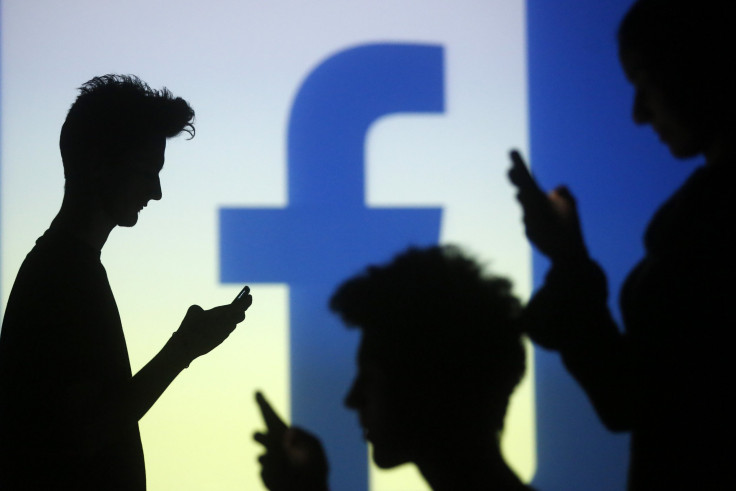Facebook Beats Google To Milestone: Two Million Advertisers Shows Long Tail Of Social Network's Business

The world’s biggest social network is also one of its fastest-growing advertising hubs. Facebook announced Tuesday that 2 million advertisers are using the social network as part of an announcement promoting its new mobile ads manager iOS app. According to Facebook, more than 800,000 users were accessing Facebook’s mobile ads manager site every month.
"Our mission is to make the world more open and connected,” Facebook CEO Mark Zuckerberg and COO Sheryl Sandberg wrote in a blog post. “An important part of that is helping people connect with businesses. Today, we want to express our thanks to you and all of our advertising partners.”
Facebook accumulated this huge number of advertisers much faster than Google, which took seven years just to reach the 1 million advertiser mark, though that achievement -- as well as the overall number itself -- should be taken with a grain of salt. According to eMarketer social media analyst Debbie Williamson, Facebook defines advertisers as "ad accounts," meaning that if one company has 10 different locations all posting ads on Facebook, each location is defined as an advertiser.
"I think it’s hard to compare Google’s progress to Facebook’s because the times were really different," Williamson said. "Back in the early 2000s, we were coming off of the dot-com bust and online advertising was a bit in a rut. Google had a lot of evangelizing to do to sign on advertisers. The technology of online advertising was also way less sophisticated -- things that Facebook has access to today, such as programmatic techniques, audience metrics, third-party data partnerships (such as Datalogix), none of those were available to Google back then."
While Facebook beat Google in its attempts to scale its ad business up, the search giant remains king in the world of digital advertising. According to eMarketer, Google accounted for 31.1 percent of the world's $146.2 billion digital advertising market in 2014; Facebook accounted for 7.75 percent. Facebook's $9 per U.S. user doesn’t get anywhere near the $45 per user Google earns.
Yet Facebook’s position in the fast-growing mobile ad market is much more competitive. It was responsible for more than 18 percent of the $40.2 billion worldwide mobile ad market in 2014. That same year, Google actually lost share in that market, falling from more than 46 percent in 2013 to a little more than 40 percent in 2014, yet Williamson said it would be a mistake to assume that Google's loss is Facebook's gain. "Facebook’s mobile ad business is helping to increase the overall mobile ad spending pie," Williamson said.
Facebook will look in the coming years to build more on its strong mobile presence. Last fall, the company rolled out Atlas, which allows marketers to better monitor how audiences are engaging with their advertising across multiple devices, something that cookies are notoriously poor at doing.
Yet while appetite for Facebook's growing variety of advertising units and services is growing, the company’s ad offerings have not been universally well-received. In 2012, General Motors caused a stir when called the company’s ads ineffective before abandoning its Facebook advertising efforts. More recently, nonprofits that depend on Facebook for community-building and messaging have groused about how it has essentially forced them to pay to get messages out to followers.
Those slip-ups seem to have had little effect on the company's momentum overall: Facebook earned $3.58 billion in revenue in the fourth quarter of 2014.
© Copyright IBTimes 2024. All rights reserved.





















